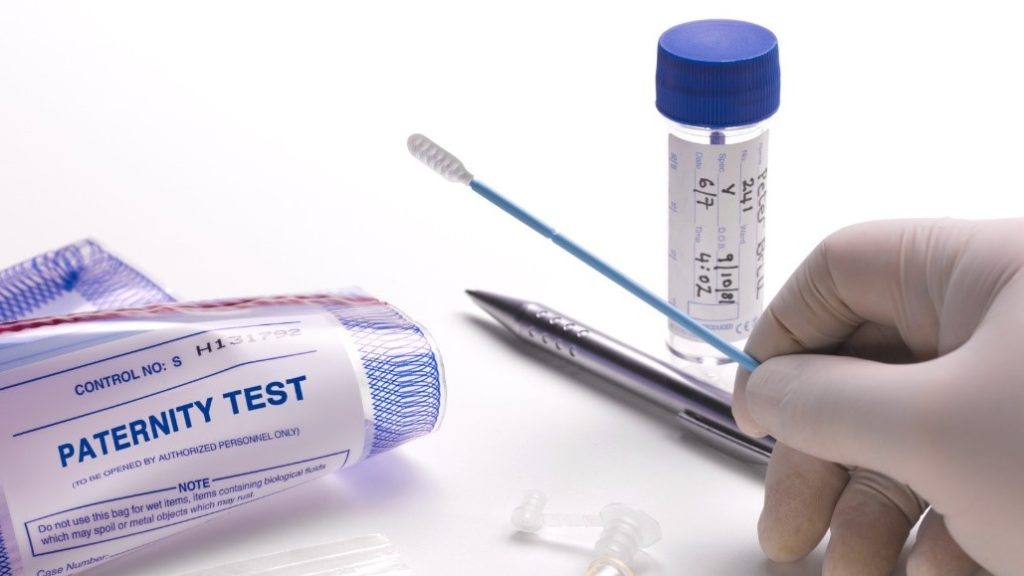Paternity Test
Paternity testing provides scientific evidence of whether a man can be a child’s biological father. Paternity is determined by comparing the child’s DNA with the DNA profile of the alleged father. The most common sample type is a buccal swab. This sample is collected using a cotton swab that is gently rubbed on the inside of the cheek.
Advantages:
- Detecting 21 genetic loci.
- Novel techniques with the power of exclusion higher than 99,9999%.
Results for the prenatal paternity test are generally returned in about 10 days once testing has begun. If the man tested is determined not to be the biological father, then the report shows a 0% probability of paternity. If the man tested is considered to be the biological father, the report shows a 99.9999999% probability of paternity

Non-Invasive Prenatal Paternity Test (NIPPT)
Non-Invasive Prenatal Paternity Test (NIPPT) can determine the fetal paternity, which gives patients accurate paternity answers as early as 7 weeks of pregnancy without any risk to the baby or to themselves.
Our Advantages:
- Fast turnaround time: As fast as 10 days.
- Accurate: With an accuracy of 99.9999999%.
- Safe: Without any risk to the baby or to pregnant woman.
How Non-Invasive Testing Works
- DNA is collected from the mother with a simple blood draw, and DNA is collected from the possible father using a Buccal swab, 5-10 fingernails or 5-10 hairs with follicles.
- Both samples are then sent to the lab for analysis.
- The test analyzes free-floating fetal DNA from the mother’s plasma and compares it to the mother’s own DNA profile.
- Once the fetus’s profile is determined that profile is then compared to the possible father’s and paternity can be determined.
- Results for the prenatal paternity test are generally returned in about 10 days once testing has begun. If the man tested is determined not to be the biological father, then the report shows a 0% probability of paternity. If the man tested is considered to be the biological father, the report shows a 99.9999999% probability of paternity.
